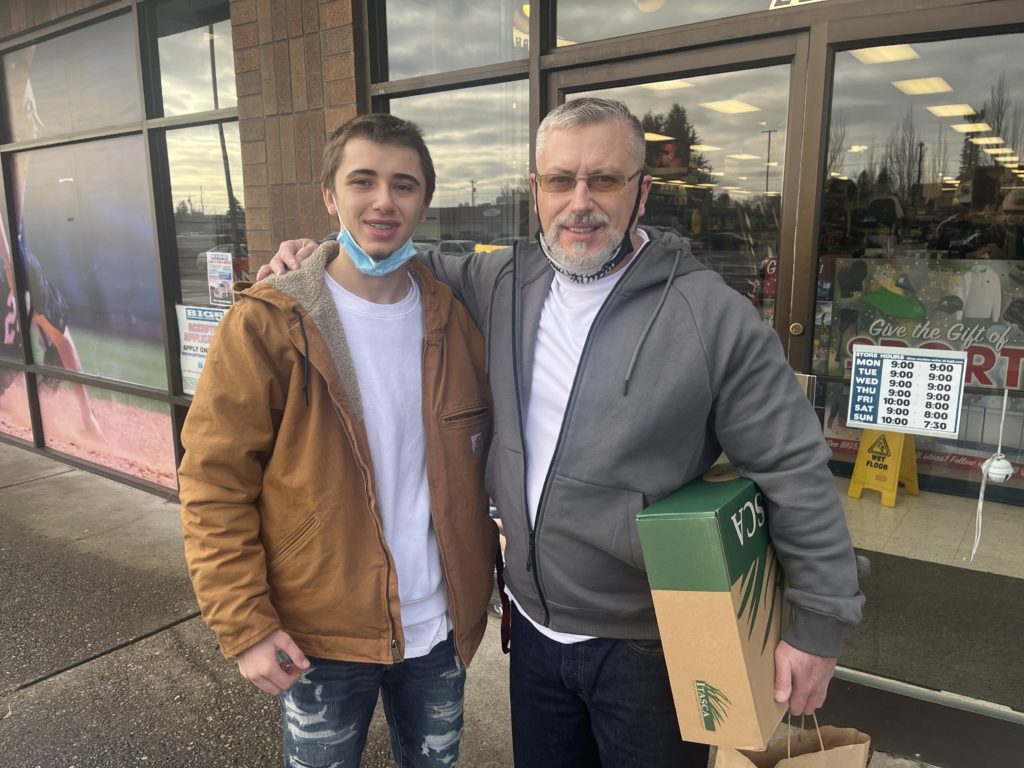Village Resources came into existence because I recognized that there was a pressing and unfulfilled need to extend mentoring and “daily living” support to those exiting the prison environment. I retired from the Oregon Department of Corrections in 2009 and began volunteering as a reentry mentor. I quickly learned that the majority of individuals releasing from state prisons are ill prepared to restore community successful living without direction and support during that critical adjustment period after release. And most leave the prison environment without the resources to begin the larger task of rebuilding their lives.
The initial period of incarceration serves a purpose in that it interrupts the continuation of criminal behavior, but offers only limited opportunities to develop a solid release plan.The later stages of incarceration however, are marked with growing anxiety as these individual are faced with the realities of overcoming barriers that they will face once released.
Some might believe that life after prison presents a variety of opportunities for the individual to move on and be successful, but that is not necessarily the case for most. Where am I going to live? Can I get a job? How will I get to my Parole Officer, treatment program, or work site? I don’t have any clothes, work boots, daily living essentials, or means to communicate with family and potential employers! I successfully completed several prison programs to help me move on, but now I see that I have so many unanticipated needs at release, that I feel overwhelmed, and wonder how I can rediscover a normal life.
These fears and feeling are legitimate, and ones that Village Resources can begin to mitigate through appropriate mentoring, and the provision of basic needs at release.
Chuck Seeley

